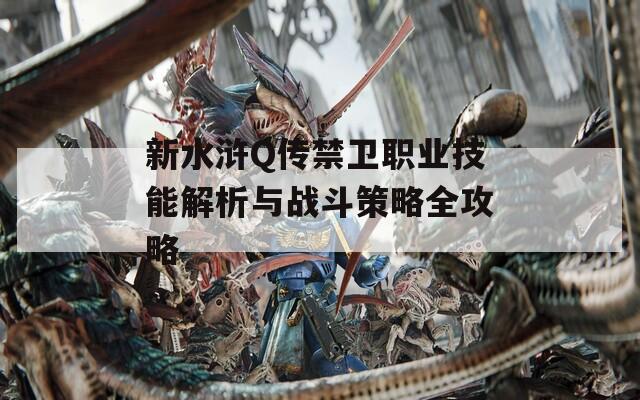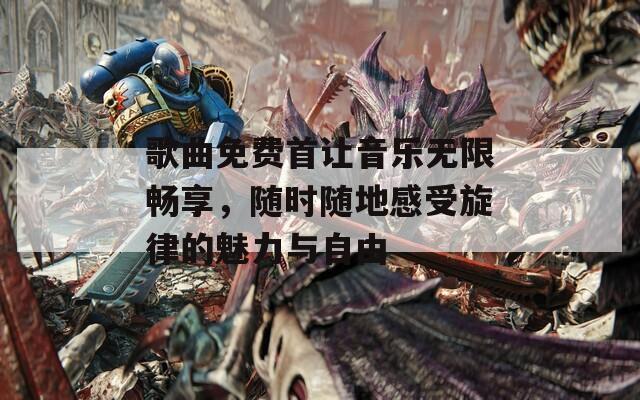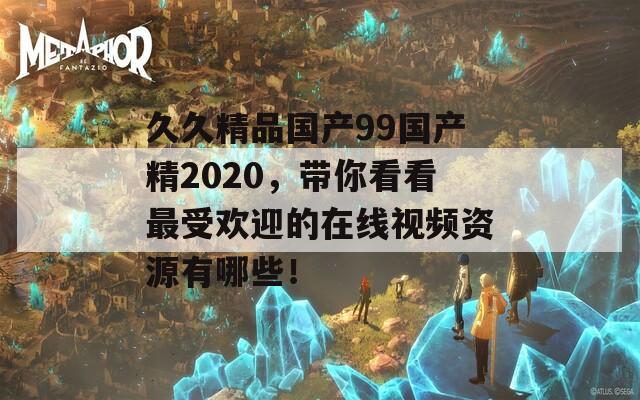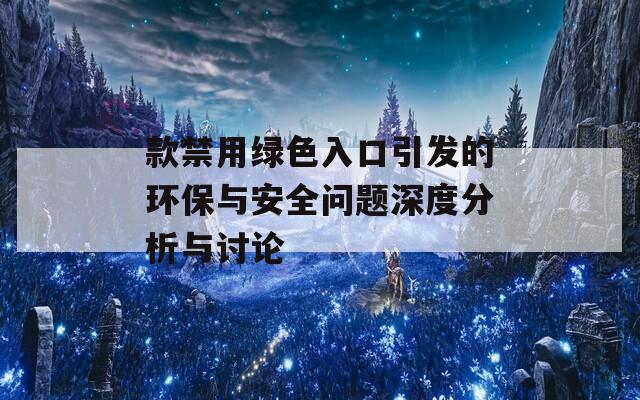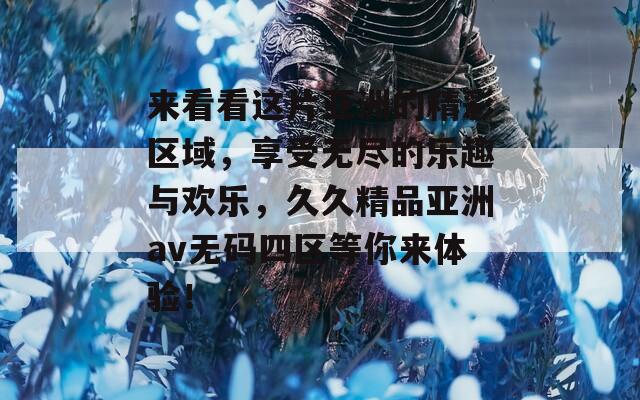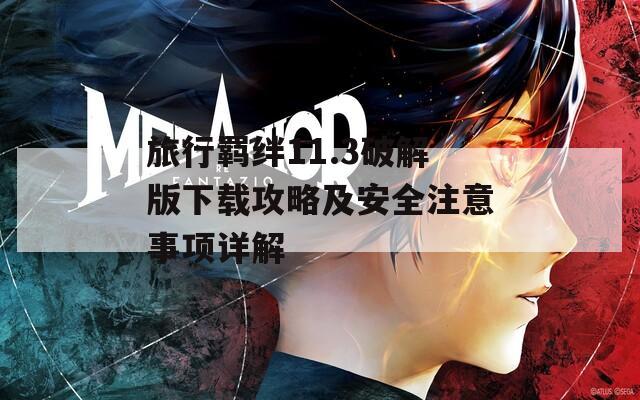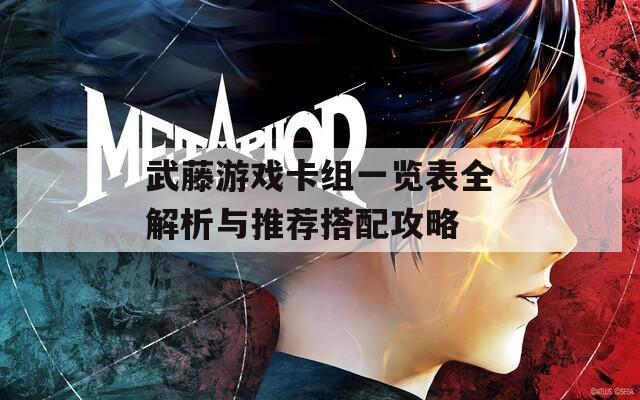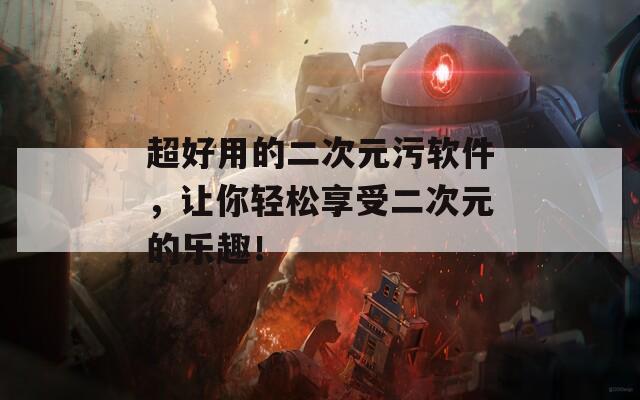In the vast world of gaming and popular culture, certain titles and phrases resonate deeply with fans. One such phrase is "最强王者," which translates to "The Strongest King" or "The Ultimate Champion" in English. To truly appreciate the depth of this term, it's essential to explore its meaning, its usage in various contexts, and its significance in the gaming community.
Breaking Down the Phrase
The term "最强" directly translates to "the strongest" or "the most powerful." This adjective sets a high standard, suggesting superiority over others. "王者," on the other hand, translates to "king" or "ruler," implying a position of authority and dominance. When combined, "最强王者" conveys the idea of an unparalleled figure in competition, one who has risen above all others to claim a throne of supremacy.
Contextual Usage in Gaming
In the realm of video games, "最强王者" often describes a character or player who showcases exceptional skill and strategy. This phrase is commonly associated with titles such as "League of Legends," "Dota 2," and "PUBG," where players compete fiercely for the top ranking. Achieving the status of "最强王者" signifies not only mastery of the game mechanics but also the ability to outsmart opponents in high-stakes situations.
Popularity and Cultural Significance
The concept of "最强王者" extends beyond mere competition; it taps into a broader cultural narrative. In many Asian cultures, the idea of a king or champion embodies respect, honor, and achievement. This cultural backdrop enhances the significance of the term, making it not just a title but a badge of honor for gamers who aspire to reach the pinnacle of their chosen game.
Translation Challenges
While "最强王者" can be translated into English as "The Strongest King," the richness of its meaning may get lost in translation. Different games and contexts might require different renditions of the term. For instance, in competitive eSports scenarios, one might refer to the players as "champions" or the top-ranked players as "elite players." This flexibility in translation reflects the dynamic nature of language and how context influences interpretation.
Similar Terms in English Gaming Culture
In English-speaking gaming communities, several terms resonate similarly to "最强王者." Phrases such as "Top Player," "Champion," and "Master" convey the essence of being the best in a competitive environment. Furthermore, in various gaming tournaments, titles like "Grandmaster" or "Legend" are common designations for players who excel in their respective games. These terms create a sense of prestige and recognition, much like "最强王者" does in its original language.
The Role of Community and Competition
Achieving the status of "最强王者" requires not only individual talent but also a robust community and competitive spirit. In games where teamwork is essential, such as "League of Legends," players must collaborate effectively to rise in ranks and secure victories. This collaboration fosters a sense of camaraderie and mutual respect among players, creating a vibrant gaming environment where everyone strives for excellence.
The Future of Competitive Gaming
As the gaming industry continues to evolve, the pursuit of becoming the "最强王者" will remain a driving force for players worldwide. Emerging technologies, such as virtual reality (VR) and artificial intelligence (AI), are set to change how games are played and experienced. These advancements may introduce new challenges and opportunities for players to demonstrate their skills, further intensifying the competition for the title of "The Strongest King."

Conclusion
In summary, "最强王者" is more than just a phrase; it's a celebration of skill, strategy, and achievement within the gaming community. Its translation into English can vary based on context and usage, yet the underlying significance remains intact. As players around the world continue to aim for the top, the spirit of competition embodied in "最强王者" will undoubtedly persist, inspiring future generations of gamers to strive for greatness.


